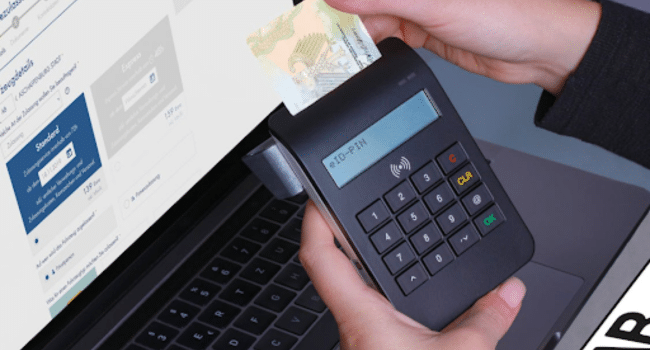Table of Contents
Accurate credit reports are essential for maintaining healthy financial standing, but mistakes in credit reports are surprisingly common. These errors can lead to unfairly low credit scores, rejected loan applications, or higher interest rates. Addressing these errors is becoming more efficient with the increasing reliance on digital systems.
Fintech solutions are now empowering consumers to identify and rectify these inaccuracies with ease. If you’ve ever faced issues like identity theft affecting your credit, knowing how to dispute identity theft on credit report is crucial for maintaining financial stability. This article dives into common credit report errors and how fintech innovations are reshaping the dispute process for the better.
Standard Credit Report Errors That Impact Your Score
Thus, credit reports, though detailed, are not devoid of errors. Common mistakes include typing wrong or outdated personal details like wrong addresses or spelling of names. This may seem small, but distinguishing one account from another can cause a lot of confusion. Another common problem is when an account has the wrong balance, or the account type is incorrect – active instead of closed, or vice versa; or when prepayments or payments are reported late when made on time. Such inaccuracies affect your credit rating and other aspects of your financial life.
Fraudulent accounts and identity theft are standard and likely double as digital fraud increases. These mistakes arise when you find accounts you have yet to open, and they significantly affect your credit score. Also, overlaps- instances where a particular account is entered repeatedly- can distort your D/I ratio upwards. Errors in public records like bankruptcies or liens that are linked to your name can have a severe impact on your credit reputation.
How Fintech Is Changing the Credit Dispute Process
The dispute of credit report errors in the past required a lot of paperwork and long delays from credit bureaus. However, due to the emergence of fintech, this process has been made easier by providing easy-to-use and primarily online platforms to help identify errors and resolve disputes. Some of the fintech applications enable users to view their credit scores in real-time and contain explanations of the credit scores with the discrepancies spotted by the applications. Such monitoring helps consumers detect problems before aggravating them, thus minimizing the impact on their creditworthiness.
Today, various fintech applications use artificial intelligence to offer recommendations on how to solve a conflict. For instance, AI platforms can generate letters that users can use in disputes and help users prepare to file complaints to credit bureaus. These technologies reduce the uncertainty and inconsistency of manual processes while providing a far smoother experience. Moreover, due to its connection with online databases, such documents that support disputes can be submitted online, which significantly helps speed up the process.
The other significant development is the increased use of mobile applications in the credit dispute procedure. Using of Fintech platforms, users can monitor the status of the dispute process, receiving information on how the credit bureaus consider their cases. Transparency and ease of use of this self-service process make consumers feel more empowered by fintech.
The Future of Credit Repair with Fintech
That is why further fintech development opens new opportunities for enhancing credit repair and dispute processes. For example, because a blockchain can provide original records of financial transactions, it eliminates the possibility of errors at the root cause. Further, the more sophisticated AI tools could forecast various mistakes before they are reported on a credit report with recommendations to the consumer.
In addition, the cooperation of fintech firms with credit bureaus may result in an improved exchange of information and faster resolution of disputes than ever. Such improvements may render manual interference almost irrelevant, thus enabling consumers to embrace anticipatory credit control instead of responding to negative adjustments.
Thus, credit report mistakes are regretfully inevitable and may lead to substantial monetary consequences. It is crucial to address such problems as soon as possible to sustain a favorable financial position, and FinTech can be seen as a perfect partner in this case. From monitoring to artificial intelligence dispute resolution, such technologies revolutionize relations between consumers and credit reporting agencies. As development continues, fintech will likely improve the credit repair industry further so that consumers have the tools to manage their finances better.
Image Source – Pexels
